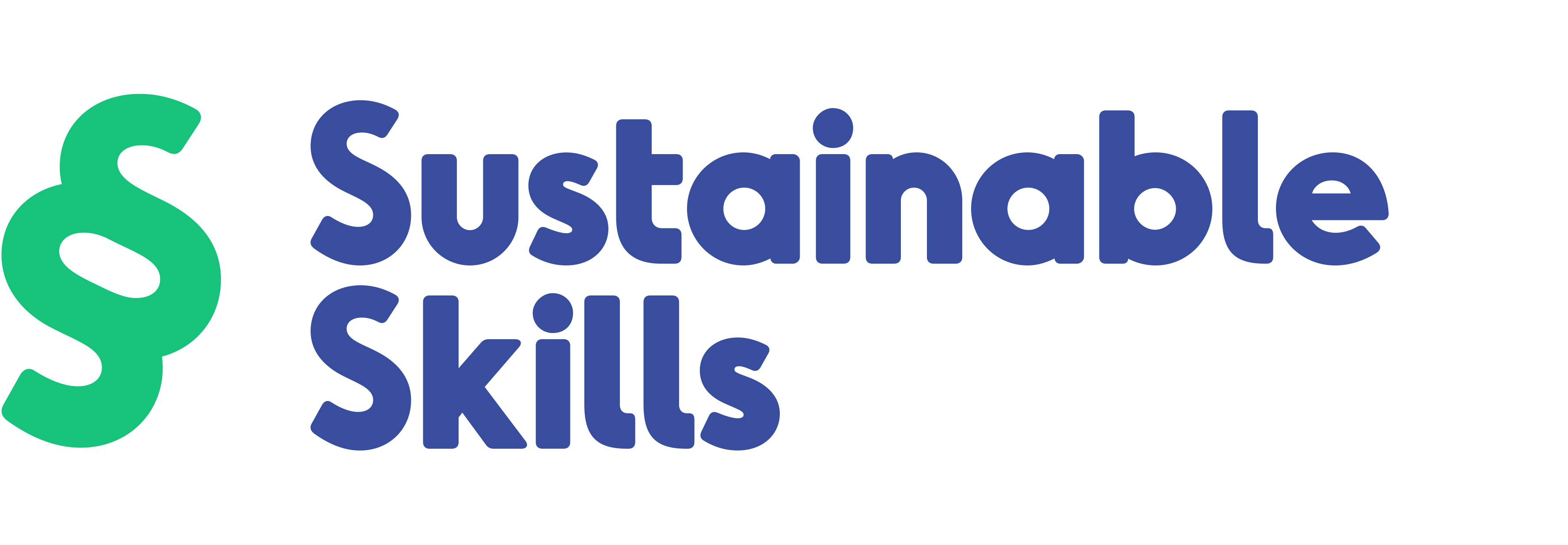Quality criteria a benchmark for success
Project title: Quality criteria for training
Timing: July 2012 – June 2015
Location: Australia
Client: Australian Government
The background
Quality of skilling outcomes is a key concern for the global Resources and Infrastructure Industry.
The opportunity
Industry input into identifying and measuring quantifiable training outcomes is a key to ensuring that workers who undertake training meet industry needs and expectations. It is also a key to developing a training system that is focused on the needs of clients.
The Australian Government agreed to fund a project that aimed to enable mining and resource companies to specify the components of high quality training provision and in this way help providers to deliver the training that the sector needs. Sustainable Skills (formerly SkillsDMC) was appointed to manage the project.
The solution
Sustainable Skills developed quality criteria for skilling pathways in collaboration with RII operators. Designed by Industry, employers can now determine the quality and relevance of skilling outcomes, while Training Providers, as suppliers, can deliver a measurable, tailored service to meet Industry needs and expectations.
Industry’s determinative voice in the process is critical. Key parameters in building the criteria related to the understanding that skilling activities must be: relevant to Industry; practical; in context; transparent; supportive of a dynamic environment; able to evolve and improve; simple to apply and offer value for money.
The benefit
Improved procurement standards for workforces to perform more effectively, productively and safely in the workplace. The Sustainable Skills quality criteria allows operators to measure the effectiveness of its Training Service Providers.
Benefits can be delivered worldwide as the quality criteria can be applied to a range of situations and workplaces to enhance skilling outcomes and support Industry’s priority for safe and productive workers and a zero harm environment.
This work has been undertaken with the assistance of funding provided by the Commonwealth Government through the Department of Industry, Innovation, Science, Research and Tertiary Education.

